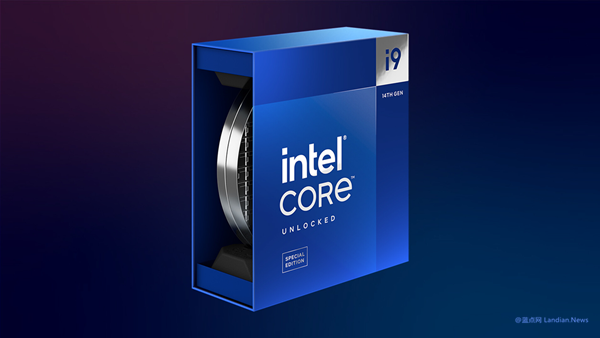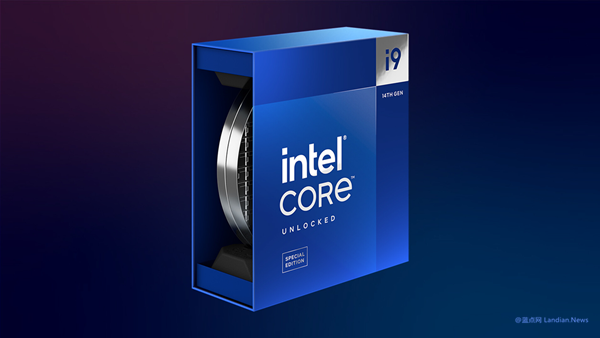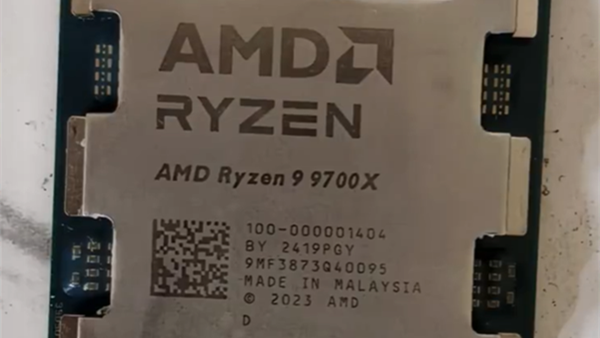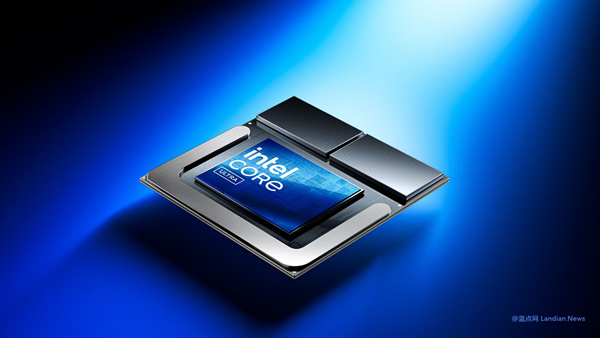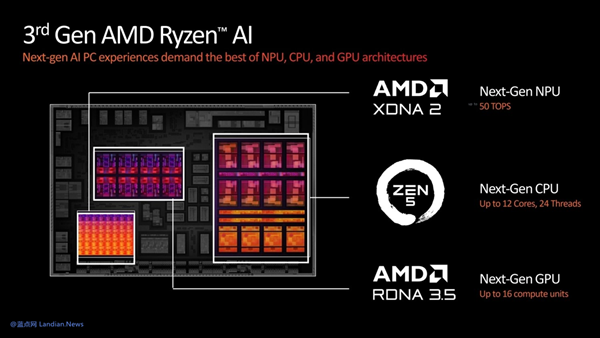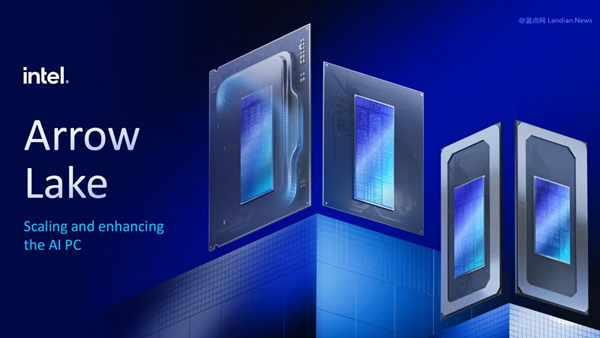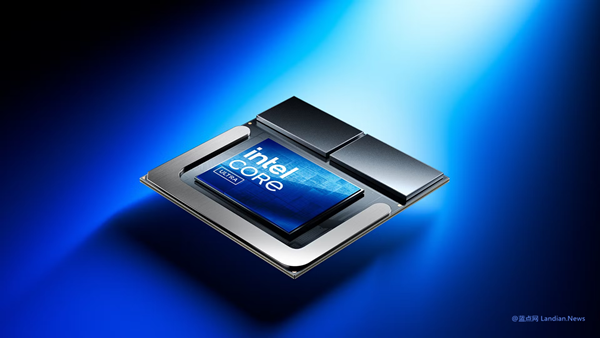Liquid Metal Thermal Paste May Void Intel's Warranty Due to Corroded Markings
The use of liquid metal as a thermal interface material (TIM) is becoming increasingly popular among tech enthusiasts for its superior heat dissipation properties. However, consumers are now facing a potential drawback: using such thermal paste might lead to a voided warranty by Intel, leaving the product ineligible for standard after-sales services.
Intel had previously promised to replace the 13th and 14th generation Core desktop processors affected by irreversible damage due to firmware issues. Consumers were advised to contact Intel's customer service departments for support.
A report from HKEPC mentioned a case in Hong Kong where a user attempted to obtain a replacement for their Intel Core i9-14900K through Intel's local distributor, Synnex. The request was denied.
The written response from Synnex indicated that the warranty service was refused by Intel due to non-compliance with their requirements.
The core of the issue lies in the corrosion of the chip's IHS (Integrated Heat Spreader) markings by the liquid metal TIM. This includes the CPU model, batch number, and the ATPO matrix barcode. Intel states that the corrosive nature of liquid metal thermal pastes can render these important identifiers unreadable, which are crucial for the warranty process.
It's worth noting that as early as August 20, 2024, users had raised questions about the impact of liquid metal thermal pastes on warranty coverage. Intel had indeed acknowledged in their response that such usage could invalidate the warranty.
Therefore, it is advisable for users of Intel processors to avoid using liquid metal thermal pastes unless they are overclocking enthusiasts who often need to maintain higher frequencies and cooling performance. Traditional cooling solutions, like water cooling, are generally sufficient for most users.
Link to Intel's response to user inquiries: https://www.intel.com/content/www/us/en/support/articles/000099579/processors.html

